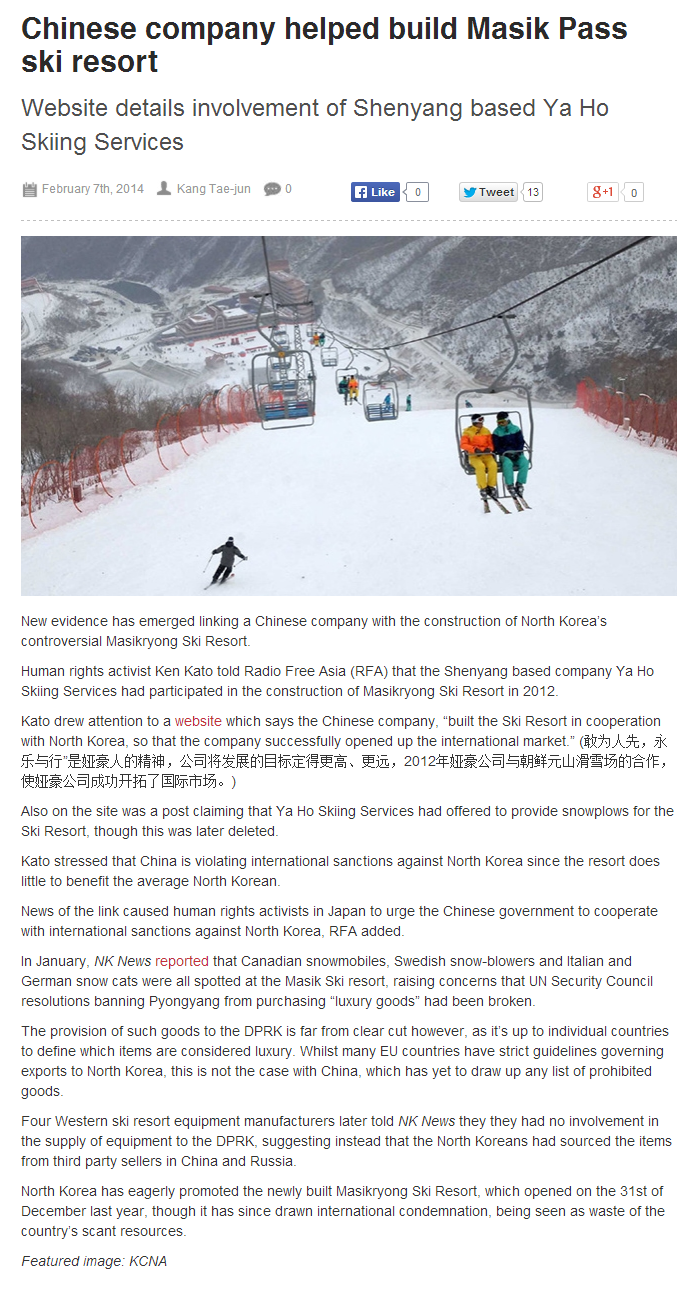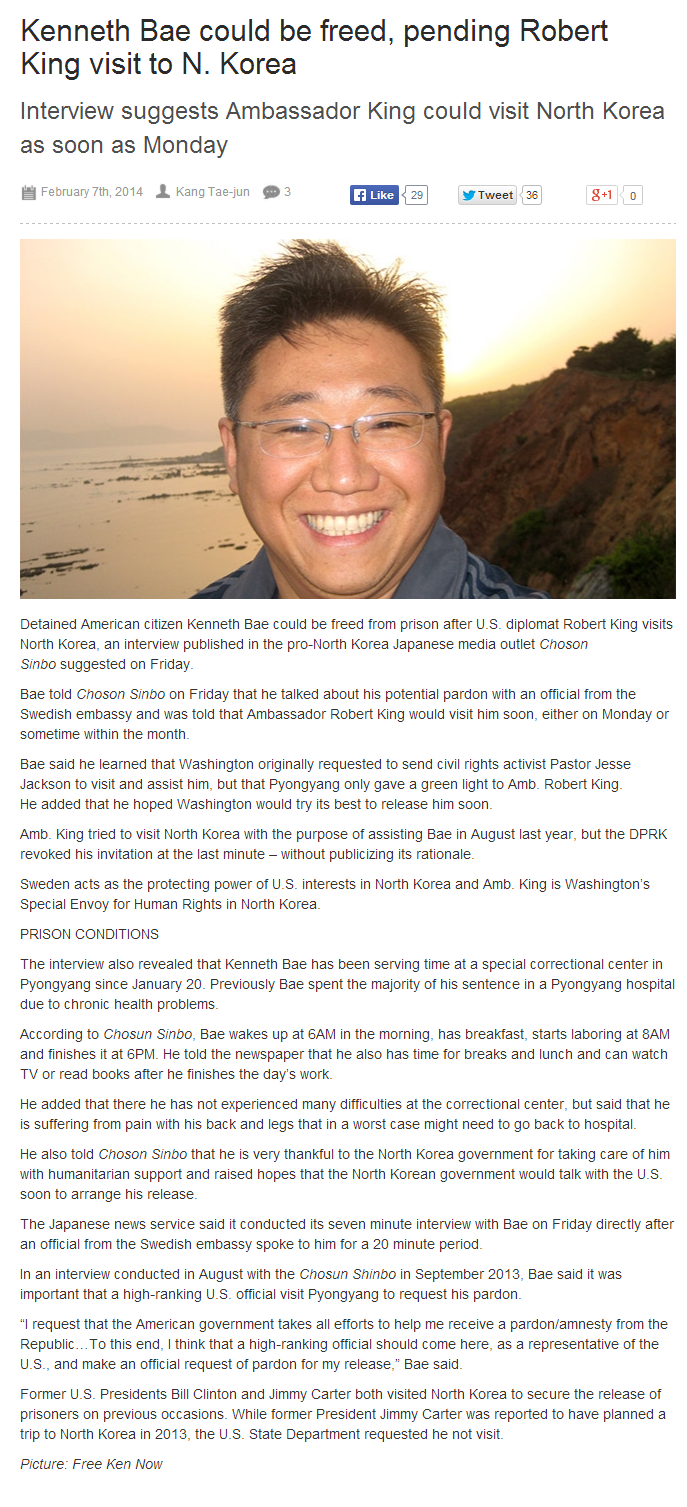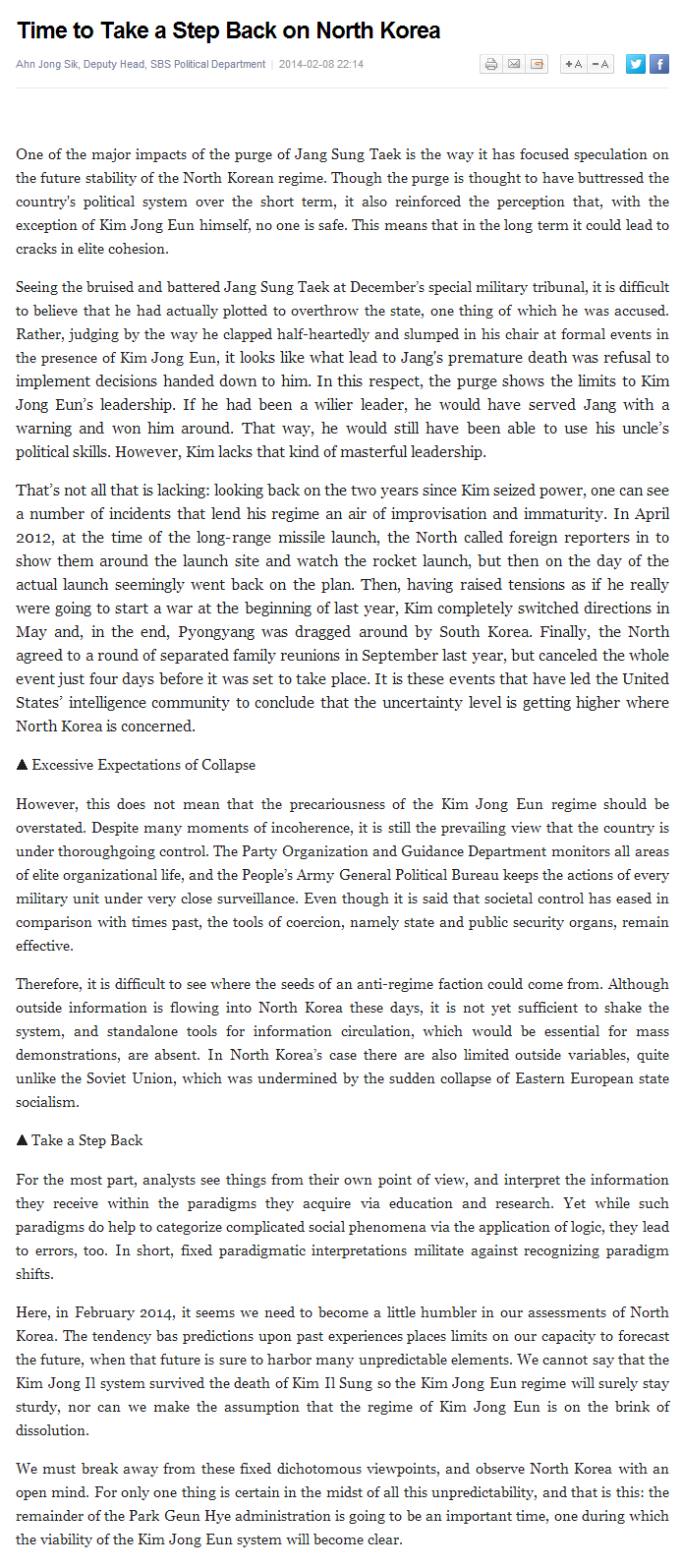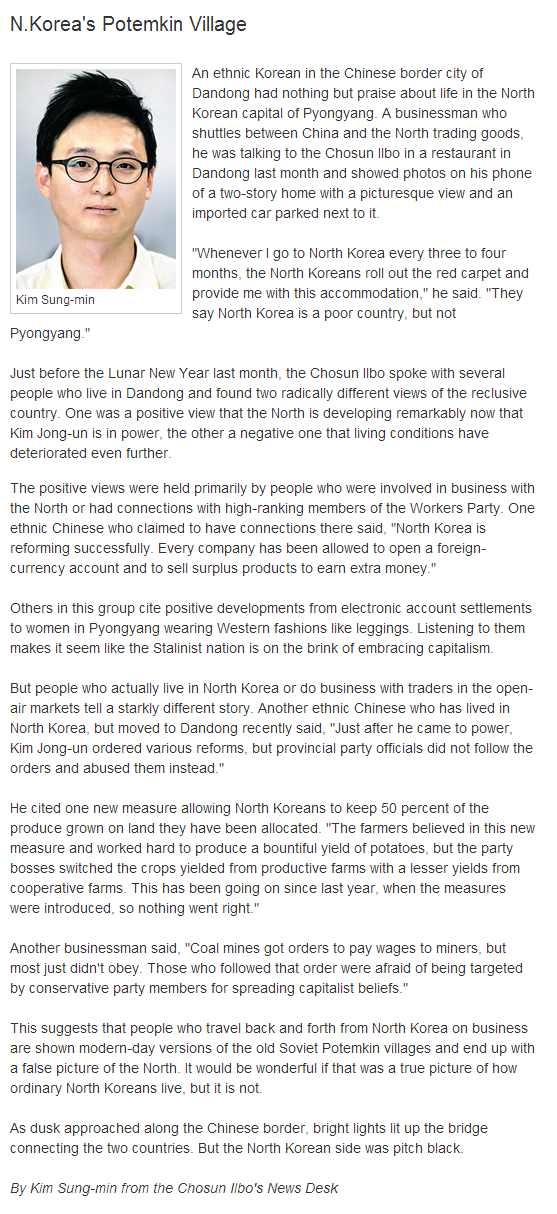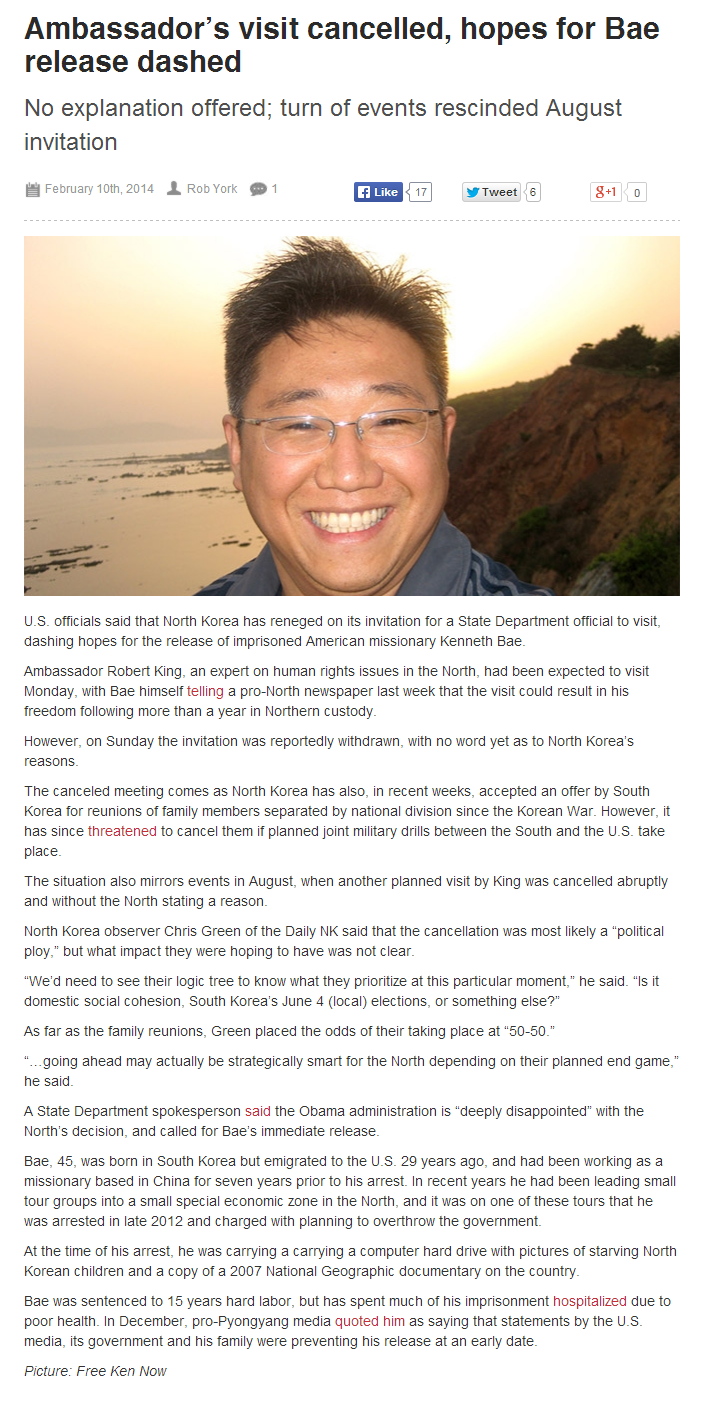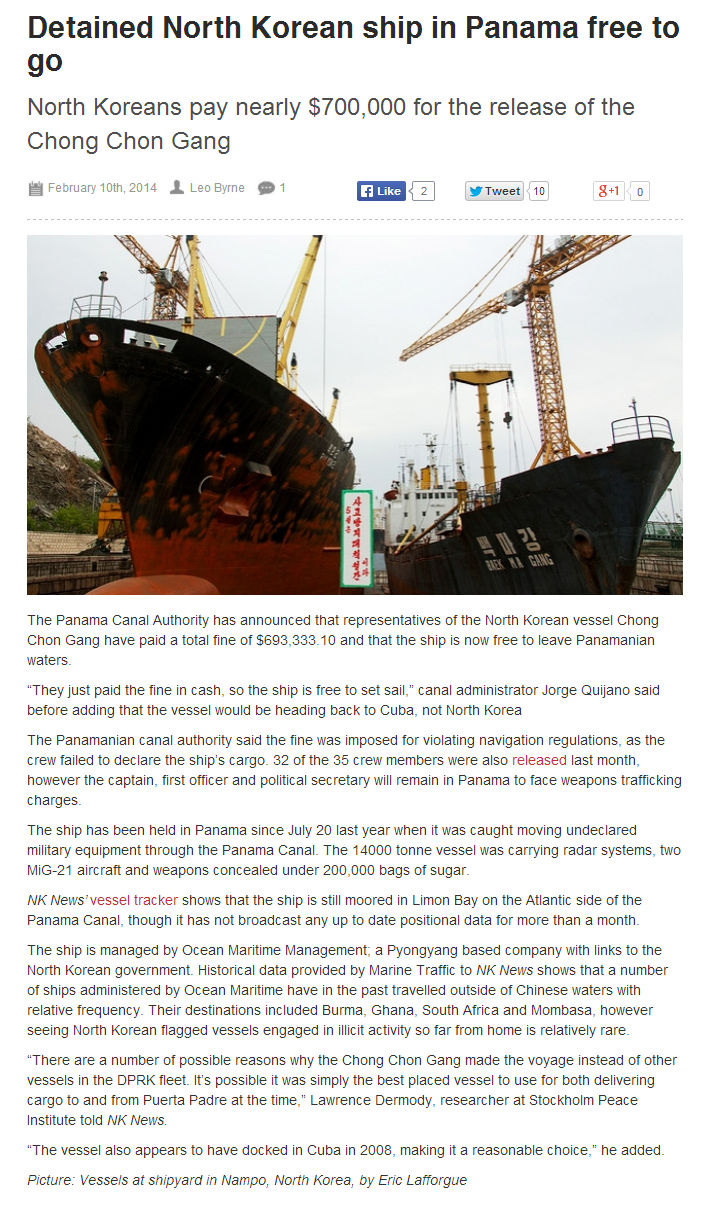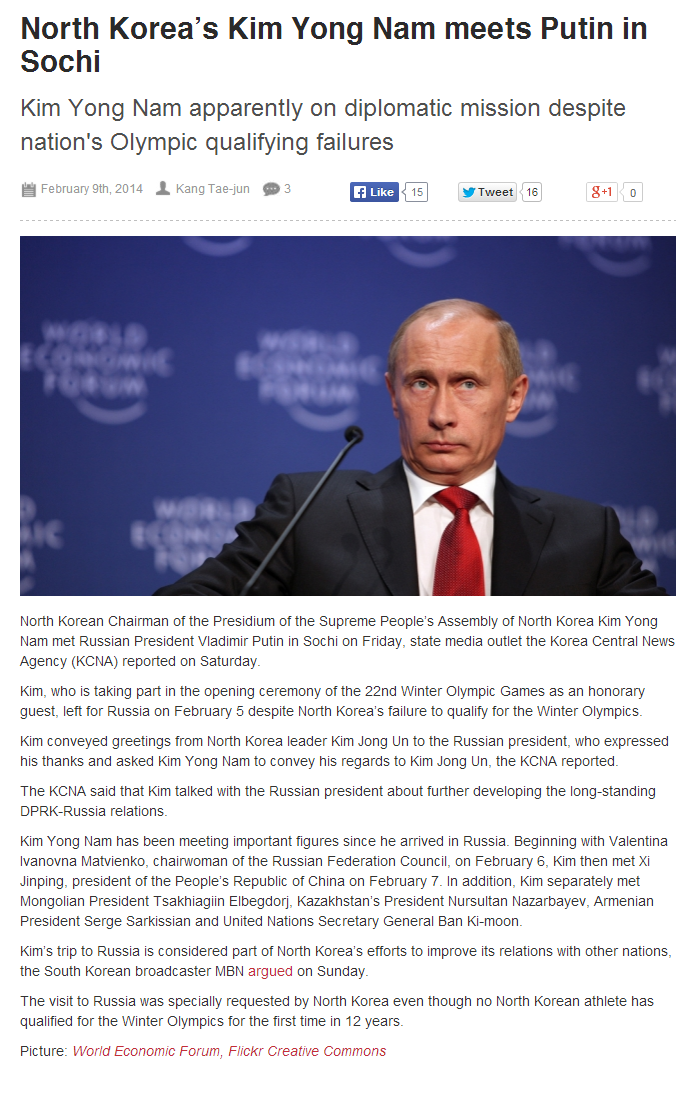Defectors in SK Report Incomes Half National Average
Moon Eun Ju, intern | 2014-02-13 08:54
North Korea Refugees’ Foundation has revealed the results of its annual survey into the economic activities of adult (age 20+) defectors in South Korea, finding that they continue to earn far below the national average.
The average reported monthly income of defectors has increased by 37,000 won since 2012, the survey finds, but, at KRW 1,410,000 (approx. USD 1325), it is still just half the national average. The majority of survey respondents reported monthly incomes of KRW 1,010,000~1,500,000 (approx. USD 950-1410; 41.8%), with others reporting incomes of KRW 1,510,000~2,000,000 (approx. USD 1410-1880; 23.6%), KRW 2,010,000~3,000,000 (approx. USD 1880-2820; 7.3%), and KRW 3,000,000+ (0.7%).
Conversely, however, defectors also tend to work harder than other South Koreans, at 47.9 hours a week, 7.9 hours more than the national average. 37.6% of the total survey reported being “lower class,” and 21.5% said they felt they were “lower-middle class.”
Other problems include the rate of unemployment among defectors, which, at 9.7%, is more than three times the national average of 2.7% (the rate as of September 2013). Furthermore, it finds that just 56.9% of adult defectors are economically active, a significant tick lower than the national average of 62.1%. 20.7% of defectors also work as highly insecure day labor, much higher than the national average of 6.3%.
One area of good news concerns this last figure, however, which has been declining in recent years. It was 32.2% in 2011, 22.6% in 2012, and now 20.7% in 2013.
In addition, the survey reports a consistently high level of defector satisfaction with life in South Korea despite these economic difficulties. Respondents reported being “mostly satisfied” or “very satisfied” 54.2% and 20.3% of the time, a total of 74.5%.
The reasons for this sense of satisfaction, even as earnings stayed low, include: ‘”I get paid for the amount of work I do” at 43.5%, “I have more economic freedom than in North Korea” (42%), and “I am not under constant surveillance and regulation” (31%).
Unsurprisingly, many of the relatively small number who reported dissatisfaction with life in South Korea gave reasons of “financial difficulties” (70.2%). Other issues included the perception of “discrimination against defectors” (33.6%).
The survey sample size was 2355. 612 of the defectors surveyed were male and 1743 were femal
